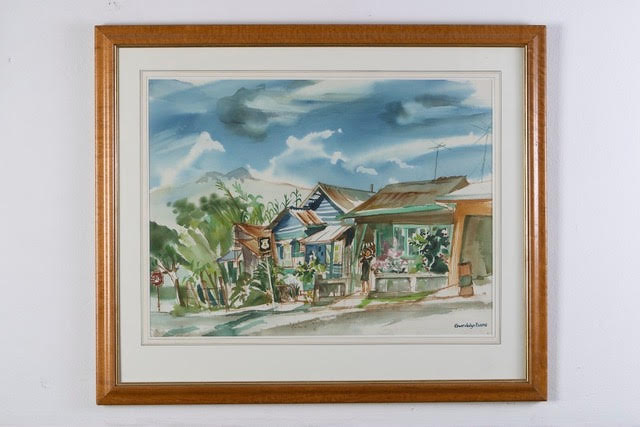Apparently, democracy is a fragile thing, something we could easily lose. How do we keep it? What happens if we don’t?
Pulitzer-prize-wining historian, Atlantic journalist, author of Twilight of Democracy: The Seductive Lure of Authoritarianism, Anne Applebaum, says authoritarian rulers have joined together, creating a network of economic and political support for each other, suppressing democracy. Many are also kleptocracies (government leaders aiming to be chiefs for personal gain at the expense of those they govern). The U.S. appears to be headed in that direction and we should all be concerned.
If we lose our democracy to autocracy and kleptocracy we lose basic freedoms we now take for granted. Freedom to speak our minds, to practice our religion, to have a say in what happens in our nation, and to enjoy voting rights for all are among the freedoms we could lose.
John Adams is credited with saying, “Democracy never lasts long. It soon wastes, exhausts, and murders itself. There was never a democracy that did not commit suicide.”
Let’s not be one of those.
Let’s each commit to being well-informed about candidates and issues, to support honest, intelligent, unselfishly-motivated candidates. We might choose to do grass-roots work for a candidate or send a small campaign contribution to one we’d like to see in office. We might volunteer to work at our polling place. We might help voters needing transportation on election day. Above all, we might each remain civil, kind, smart, and courageous enough to correct with facts conversations with misinformation when they arise. This is democracy in action. Sitting by and complaining do nothing. Our apathy or anger only murders democracy.
Perhaps if we read more world history (and American history, which we think we know but often don’t) we might better appreciate the democracy we have. Traveling helps too (though right now is not the time due to Covid). I know that going to Greece in the 1960s and Costa Rica in the 1970s, (both democracies: Athens, Greece in the 6th century BC started democracy, but after 80 years could not keep it; Costa Rica has been essentially a democracy since1869) along with travels to Europe and elsewhere informed me about other nations, their culture, values, and government. But I still know so little! There is so much to keep learning–and I try. We need to understand our past and present in order to help our future. What happens in Costa Rica or Poland or Belarus or Ukraine or Russia or Iran or Iraq or China affects us, too. We must think globally, for, as the ’60s song went:
What the world needs now is love, sweet love
It’s the only thing that there’s just too little of
What the world needs now is love, sweet love
No, not just for some, but for everyone.

Costa Rica, Across from President Jose Figueres’ Home, framed watercolor, 38″ x 33″ $1,075 by Gwendolyn Evans
Artwork: Costa Rica, Across from President Jose Figueres’ Home, framed watercolor, 38 “x 33” $1,075. In 1972 my parents included me in a visit to San Juan, Costa Rica where they were guests of President Jose Figueres Ferrer of Costa Rica and his wife, Karen, friend of my parents. I went along to paint. This scene, very different from the Presidential residence, was across the street and fascinated me with its ordinary peasantry. While there, I did casual portraits of the Figueres’ children (which I gave to Karen) and painted several local scenes most of which are sold. I gave this painting to my parents to thank them for the trip. It returned to me upon their passing and now hangs in my gallery.